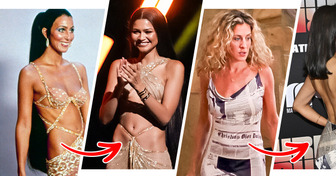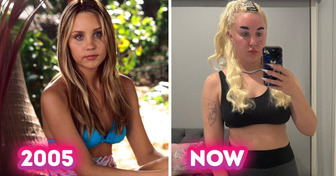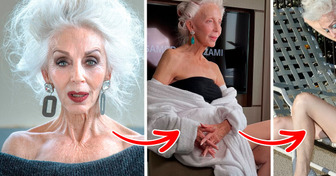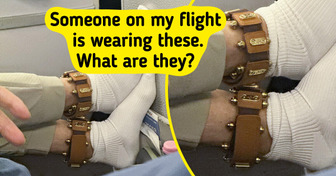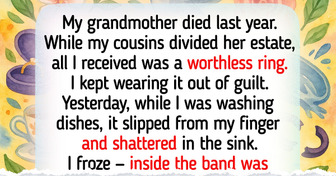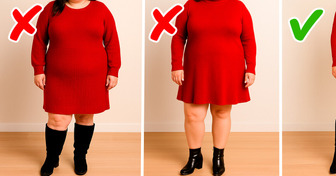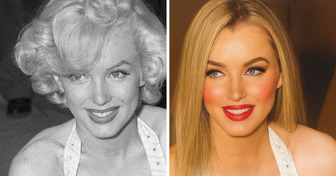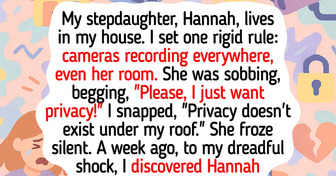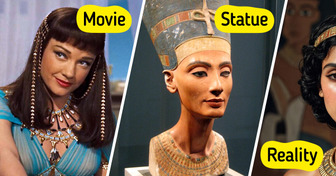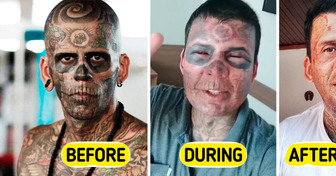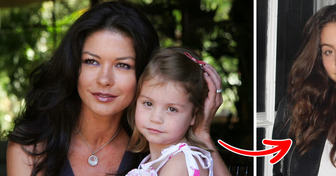18 Transformations That Prove Beauty Begins Where Strength and Confidence Meet
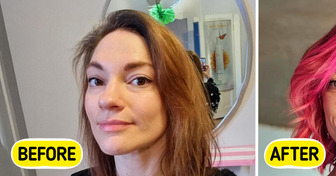
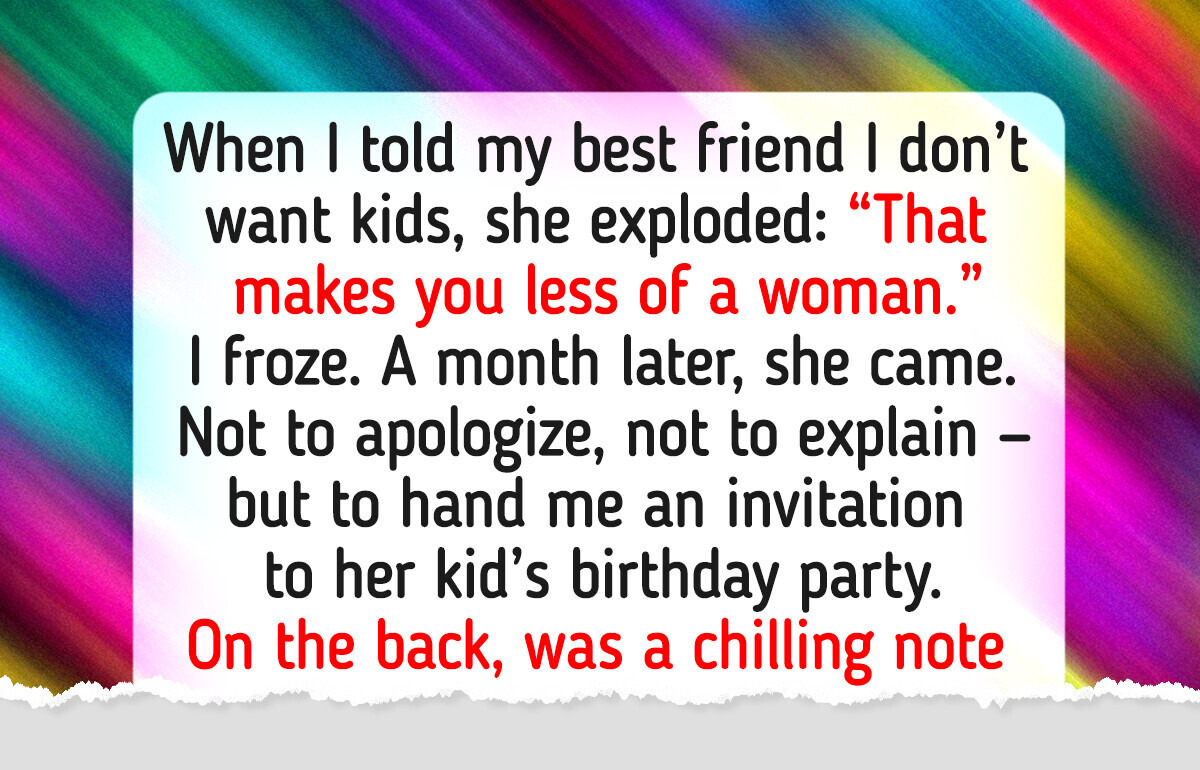
Few things hurt more than being told you’re “less of a woman” for not wanting children. One of our readers opened up about a moment with her best friend that left her shaken — a single, cruel sentence that didn’t just sting, it made her question her worth and the meaning of true friendship.
I’m 29F, and when I told my best friend I don’t want kids, I expected her to at least respect my choice. Instead, she exploded: “That makes you less of a woman.” I froze. I’ve always been there for her — babysitting, throwing her baby shower, cheering her on as a mom. But instead of gratitude, she smirked and sneered, “That’s different. Motherhood is a real sacrifice.”
I couldn’t hold back. I reminded her that everyone knows she only had her child because her own mother pressured her into it. The room went dead silent.
A month later, there’s a knock at my door. It’s her. Not to apologize, not to explain — but to hand me an invitation to her kid’s birthday party. On the back, in her unmistakable handwriting, was a chilling note: “Maybe you’ll change your mind when you see what you’re missing.”
Thank you for your letter. It takes courage to share something so personal, especially when it comes to choices that challenge traditional expectations. Your experience is not only valid but also one many women quietly face.
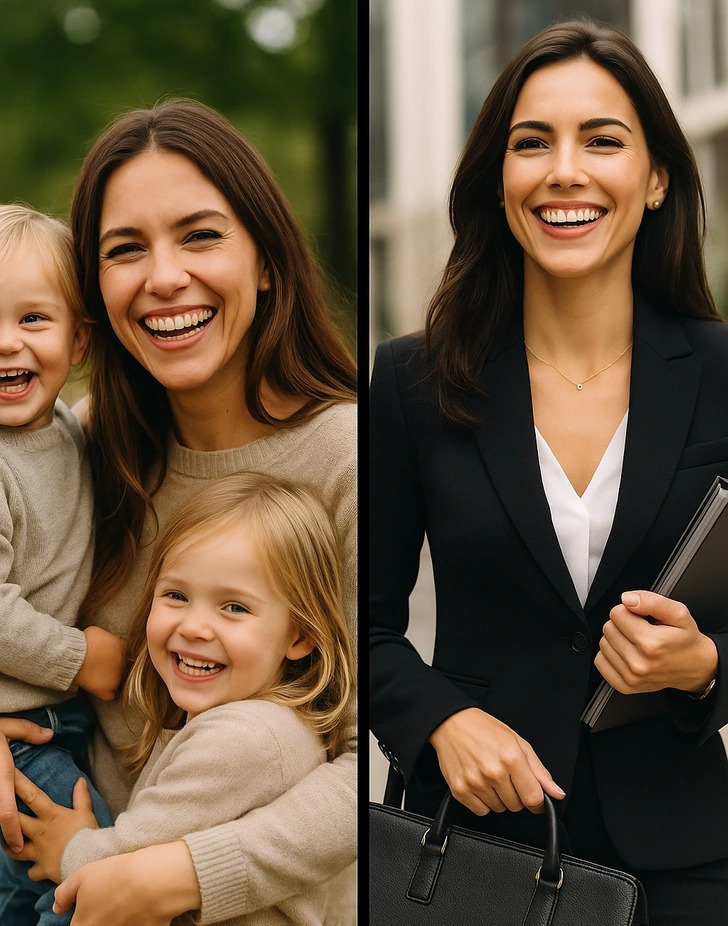
With all the recent buzz around dropping fertility rates, people are getting more open about their decisions to skip parenting. But going child-free isn’t a brand-new trend. In fact, aside from the baby boom in the 1950s, history shows that childlessness has always been around in some form.
What’s different now is the conversation. Today, people are talking more about stereotypes, expectations placed on women, what “family” really means, and how society views those who don’t follow the traditional path.
Interestingly, research shows a mixed bag when it comes to how going child-free affects mental health. A lot of it comes down to why someone makes that choice. Most studies indicate high satisfaction among individuals who choose not to have children. But for people who wanted children and couldn’t have them — whether due to money, health, or outside circumstances — things can feel tougher emotionally.
The good news? Many studies also show there’s little to no difference in happiness levels between parents and non-parents.
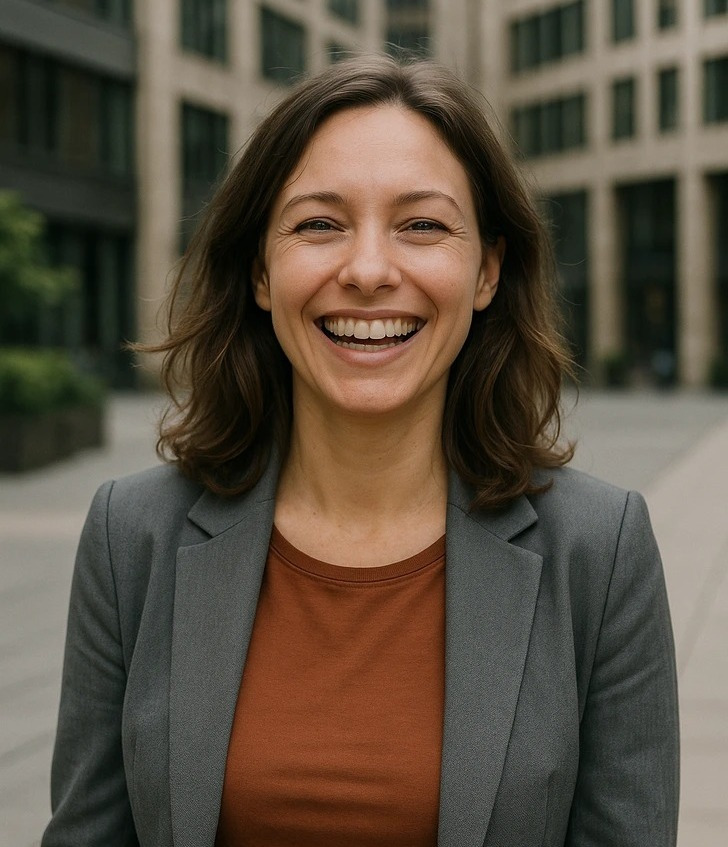
Deciding not to have children is deeply personal — and it can stir up a lot of feelings. It might make you question what your future will look like, how others see you, and even how you see yourself.
Sometimes it can be scary. Not because it’s the wrong choice, but because it’s a different one — and different often makes people uncomfortable. For friends and family, it may take time to adjust, especially if they had a different vision in mind. But at the end of the day, the person living your life... is you.
Making choices that feel right for you — no matter what others think — is one of the most empowering things you can do. And if you ever feel unsure, talking it out with a therapist can help you feel stronger and more confident about walking your own path. Whether you choose to raise children or not, your life can be meaningful, happy, and totally your own.
Here you can read the story of another reader and her conflict with her ex-husband’s new wife.

